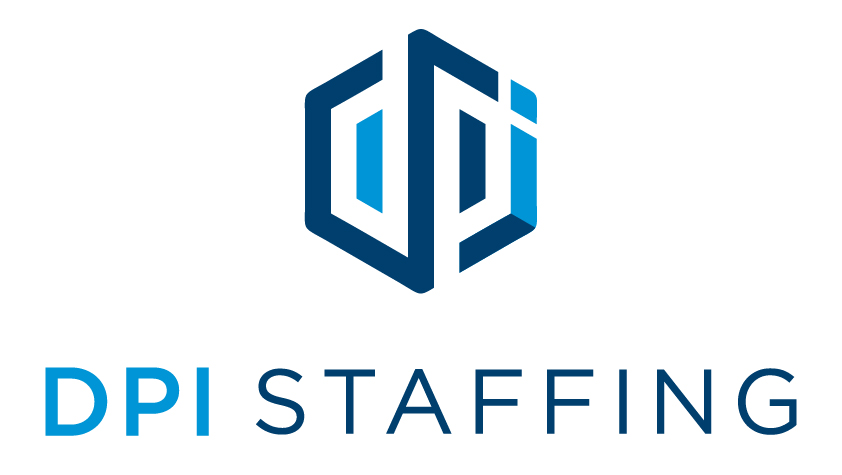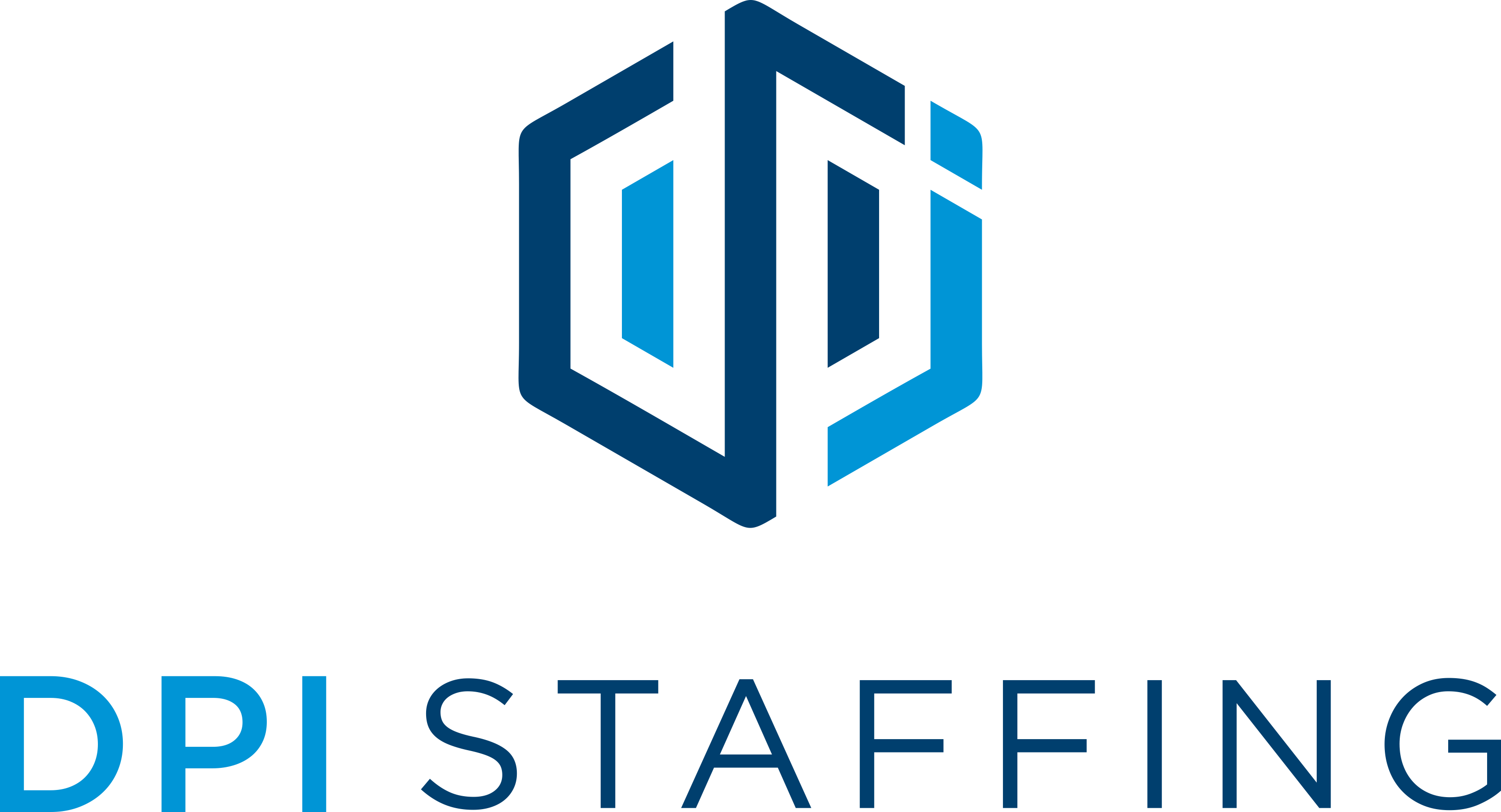Veterans are a highly skilled and disciplined talent pool that many employers can tap into to strengthen their workforce. However, recruiting veterans requires a targeted approach that recognizes their unique experiences and skill sets. Whether you’re in light industrial work, administrative roles, or another sector, the following strategies will help you recruit veterans for your team.
1. Partner with Veteran Organizations
One of the most effective ways to connect with veteran job seekers is by partnering with organizations dedicated to helping veterans transition into civilian careers. These organizations often provide job placement services, host career fairs, and maintain job boards specifically for veterans.
- Example: Collaborate with local veteran employment agencies, such as the Department of Veterans Affairs (VA), or nonprofit organizations like Hire Heroes USA. Participate in their job fairs, or sponsor events that allow you to meet veteran candidates directly.
2. Utilize Military-Friendly Job Boards
Posting your job openings on military-specific job boards increases your visibility among veteran candidates. These platforms are designed to connect employers with veterans and often include features that help translate military skills into civilian job requirements.
- Example: Use websites like HireVeterans.com or Military.com to post job listings that veterans can easily find. Tailoring your postings to include military-friendly language can also make your positions more appealing to veterans.
3. Create Veteran-Friendly Job Descriptions
When crafting job descriptions, use language that resonates with veterans. Focus on the transferable skills veterans bring from their military experience, such as leadership, teamwork, and problem-solving. Avoid jargon that might be unfamiliar to those transitioning from the military.
- Example: Instead of using vague terms like “team player,” specify “experience leading and collaborating in team environments.” This approach helps veterans see how their military skills apply to your roles.
4. Offer Internship and Apprenticeship Programs
Internships and apprenticeships tailored for veterans can provide a pathway into your company. These programs allow veterans to gain industry-specific experience while also helping you assess their fit for long-term roles.
- Example: Develop a veteran-specific internship or apprenticeship program that provides hands-on training in your industry. Collaborate with local educational institutions to offer veterans the opportunity to earn certifications or degrees while gaining work experience.
5. Establish a Veteran Referral Program
Encourage your current employees to refer veterans to your company by creating a veteran referral program. This not only helps you reach a wider pool of candidates but also leverages the networks of your existing team members.
- Example: Implement a referral bonus for employees who refer veterans that are successfully hired. Promote this program internally to ensure all employees are aware of it.
6. Attend Veteran Job Fairs and Networking Events
Participating in veteran job fairs and networking events is a direct way to meet potential candidates. These events are often organized by veteran support organizations and can provide you with access to a large pool of veteran job seekers.
- Example: Sign up for events like the Hiring Our Heroes job fairs, which are held across the country and attract thousands of veterans. Use these opportunities to showcase your company’s commitment to hiring veterans and to conduct on-the-spot interviews.
7. Leverage Social Media and Online Communities
Veterans are active on social media and in online communities that cater to their needs and interests. Engage with these communities by sharing job opportunities, veteran success stories within your company, and information about your commitment to hiring veterans.
- Example: Use LinkedIn or Facebook to connect with veteran groups and post about your open positions. Share content that highlights your company’s veteran-friendly policies and successes, making your organization stand out to potential veteran candidates.
8. Collaborate with Transition Assistance Programs (TAPs)
Transition Assistance Programs (TAPs) help service members transition to civilian life, and many of these programs include job placement services. Partnering with TAPs can give you direct access to veterans who are actively seeking employment as they leave the military.
- Example: Reach out to TAPs at military bases near your location and offer to conduct workshops or provide information about your company’s job opportunities. Establish relationships with TAP counselors who can refer qualified veterans to your open positions.
Conclusion
Recruiting veterans requires a thoughtful and targeted approach, but the rewards are well worth the effort. By partnering with veteran organizations, tailoring your recruitment efforts to resonate with military experience, and providing supportive programs for veterans, you can tap into a talented and committed workforce. Implement these strategies, and you’ll be well on your way to building a team that includes the unique strengths and skills that veterans bring to the table.
Don’t have time to recruit veterans yourself? Try partnering with a staffing agency like DPI Staffing that specializes in employing veterans.





